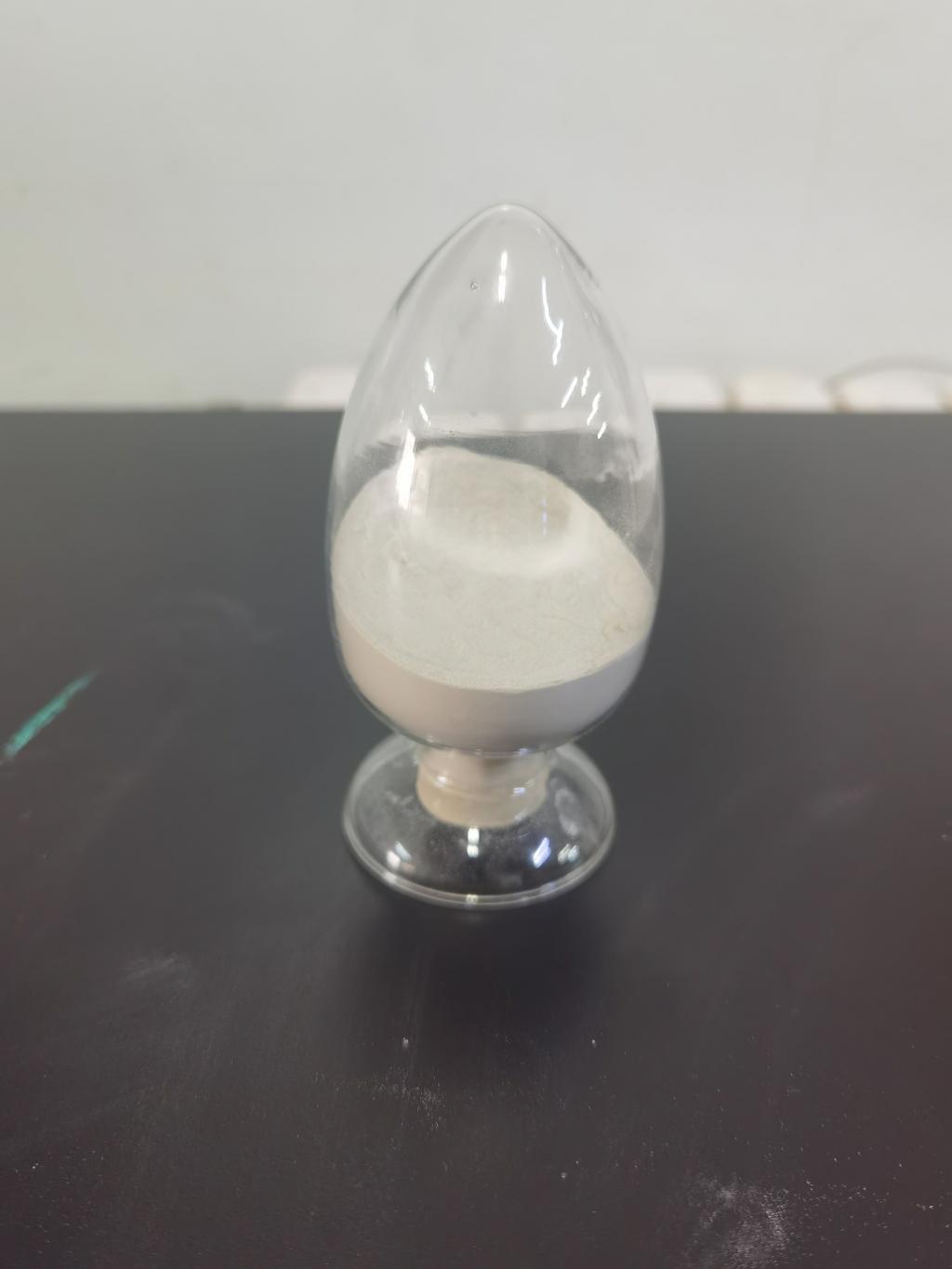Tel:+8618231198596

News
 CONTACT
CONTACT
 CONTACT
CONTACT
- Linkman:Linda Yao
- Tel: +8618231198596
- Email:linda.yao@dcpharma.cn
- Linkman:CHARLES.WANG
- Department:Overseas
- Tel: 0086 0311-85537378 0086 0311-85539701
News
Current Position:
Home >
News
>Nisin is a subject of interest in the development of new bioactive peptides.
Nisin is a subject of interest in the development of new bioactive peptides.
TIME:2023-10-25
Mechanisms of Action
The effectiveness of nisin against a wide range of Gram-positive bacteria can be attributed to its unique mechanisms of action. Nisin employs two primary modes of attack:
Membrane Disruption: Nisin has a remarkable affinity for the lipid bilayer of bacterial cell membranes. It's particularly effective against Gram-positive bacteria, thanks to their unique membrane composition. Once nisin binds to the membrane, it forms pores or channels, disrupting the integrity of the bacterial cell. This disruption results in the leakage of intracellular contents and ions, leading to bacterial cell death.
Inhibition of Cell Wall Synthesis: Nisin interferes with the synthesis of bacterial cell walls by binding to lipid II, a key precursor in peptidoglycan formation. By binding to lipid II, nisin disrupts the assembly of the bacterial cell wall, weakening it and causing cell lysis.
Applications of Nisin
Nisin has found a wide range of applications due to its potent antibacterial properties:
Food Preservation: Nisin has long been used in the food industry to extend the shelf life of various products, including dairy items, processed meats, canned goods, and beverages. It effectively inhibits the growth of spoilage microorganisms and pathogens, enhancing food safety and reducing waste.
Pharmaceuticals: Nisin's antimicrobial properties have piqued the interest of the pharmaceutical industry. It has been studied for potential applications in wound care products, where it can help prevent infections and promote healing.
Biotechnology: In biopreservation, nisin is used to prevent the growth of unwanted bacteria during fermentation processes, ensuring the production of pure and uncontaminated bioproducts.
Veterinary Medicine: Nisin's potential in veterinary medicine is being explored for combating bacterial infections in animals, potentially reducing the need for antibiotics in animal husbandry.
Cosmetics: Some cosmetic products, especially those with natural or organic claims, have incorporated nisin as a preservative to extend product shelf life without synthetic additives.
Inspiration for New Bioactive Peptides
Nisin's multifaceted properties, particularly its natural origin and unique mechanisms of action, have sparked considerable interest in the development of new bioactive peptides. Several factors contribute to nisin's role as an inspiration for bioactive peptide research:
Efficacy Against Antibiotic-Resistant Bacteria: With the rise of antibiotic resistance, the need for alternative antimicrobial agents is more critical than ever. Nisin's effectiveness against a wide range of bacteria, including some antibiotic-resistant strains, makes it a valuable source of inspiration for the development of new antimicrobial peptides.
Safety Profile: Nisin has a well-established safety profile, with a history of use in the food industry spanning decades. This provides a strong foundation for the safety assessment of new bioactive peptides, as nisin itself is recognized as Generally Recognized as Safe (GRAS) by regulatory agencies.
Natural Origin: Consumer demand for natural and clean label products is on the rise. Bioactive peptides inspired by nisin can meet these demands as they are derived from natural sources, aligning with clean label and natural ingredient trends.
Diverse Applications: Nisin-inspired bioactive peptides hold promise across various industries, including food, pharmaceuticals, cosmetics, and agriculture. Researchers are exploring these peptides for their potential in food preservation, wound care, cosmetics, and more.
Synergistic Combinations: Researchers are investigating the potential synergistic effects of combining nisin with other bioactive peptides or antimicrobial agents, which may lead to the development of novel formulations with enhanced efficacy.
Challenges in Developing Nisin-Inspired Bioactive Peptides
While nisin provides a rich source of inspiration for the development of new bioactive peptides, there are several challenges to consider:
Structural Complexity: Nisin's unique structure, with its lanthionine and β-methyl lanthionine bridges, adds complexity to the design of bioactive peptides. Researchers must navigate these structural challenges to create effective derivatives.
Regulatory Approval: New bioactive peptides must undergo rigorous safety evaluations and regulatory assessments, similar to those for nisin. Meeting the safety and efficacy criteria is essential for gaining regulatory approval.
Taste and Sensory Considerations: In some applications, such as food and cosmetics, the taste, odor, and sensory attributes of bioactive peptides must be carefully considered to ensure consumer acceptance.
Scaling Production: As with any novel bioactive peptide, researchers need to develop scalable production methods to meet commercial demand, which can be a significant challenge.
Conclusion
Nisin, the natural antimicrobial peptide derived from Lactococcus lactis, serves as a captivating source of inspiration for the development of new bioactive peptides. Its unique mechanisms of action, broad-spectrum efficacy, safety profile, and diverse applications make it an ideal starting point for researchers in various fields. Nisin-inspired bioactive peptides hold promise not only in the preservation of food products but also in pharmaceuticals, cosmetics, veterinary medicine, and more.
As the demand for natural and effective antimicrobial agents continues to grow, the development of new bioactive peptides, drawing inspiration from nisin, remains a dynamic and innovative area of research. However, researchers must address the challenges posed by structural complexity, regulatory approvals, sensory considerations, and production scalability to bring these peptides to commercial fruition. Ultimately, nisin's legacy as a source of inspiration for bioactive peptide development reaffirms its significance in the world of science and industry.
- Tel:+8618231198596
- Whatsapp:18231198596
- Chat With Skype







